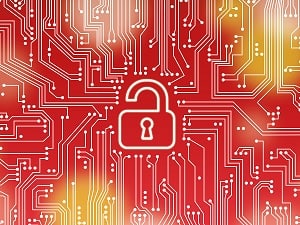
Until recently Facebook’s Messenger app was a notable holdout. Although popular it simply wasn’t as secure as the others mentioned above. Facebook has now changed that by finally adding E2EE to their offering.
Ruth Kricheli is the Director of Product Management for Messenger.
Kricheli had this to say about the recent addition:
“The content of your messages and calls in an end-to-end encrypted conversation is protected from the moment it leaves your device to the moment it reaches the receiver’s device. This means that nobody else, including Facebook, can see or listen to what’s sent or said. Keep in mind, you can report an end-to-end encrypted message to us if something’s wrong.”
The Covid-19 pandemic ultimately played a major role in the change. Since the pandemic began, Facebook Messenger users have been increasingly relying on it as their communications tool of choice. In recent months Messenger users have logged an average of one hundred and fifty million video calls a day using the app.
Given the huge surge in growth the company realized that they needed to upgrade and modernize their offering. They need to offer better security to their massive user base.
Adding E2EE to Messenger’s video calls is the change that has received the most attention. However it is not the only thing Facebook has done to bolster security. The company has also given users the flexibility to decide how long it takes for their text based messages to disappear.
The company has also been experimenting with a limited opt-in end to end encryption feature for Instagram’s Direct Messages (DMs).
These are excellent changes that serve as a clear indication that internet communications providers have embraced the notion of user security and privacy. They are taking meaningful steps to increase user safety and security. That is very good news indeed.







